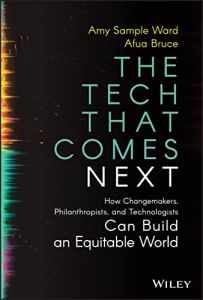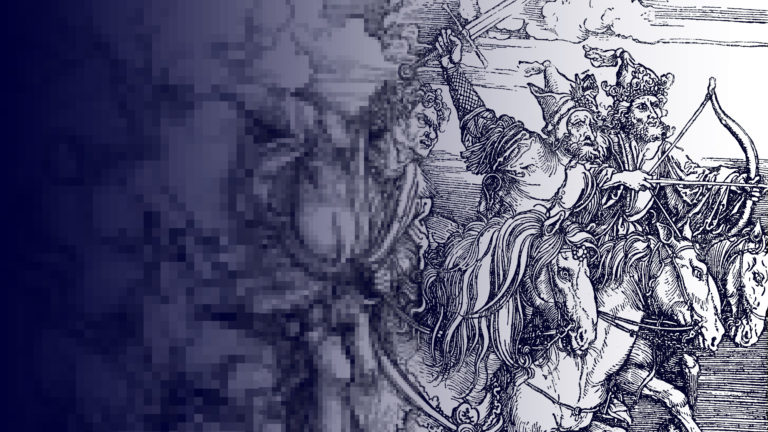Join getAbstract to access the summary!

Join getAbstract to access the summary!
Afua Bruce and Amy Sample Ward
The Tech That Comes Next
How Changemakers, Philanthropists, and Technologists Can Build an Equitable World
Wiley, 2022
What's inside?
Technology can help build an equitable world – if people collaborate to use it justly.
Recommendation
Technology possesses tremendous power to shape society for good or ill. Here, two leading public interest technologists, Amy Sample Ward and Afua Bruce, outline how companies can deploy technology to improve the quality of people’s lives and solve social problems. They offer a wealth of insights, thought questions and case studies to illuminate how technological advancements can be used as tools of liberation instead of subjugation. The answer, in short, involves putting people, particularly vulnerable ones, at the center of decision-making.
Summary
About the Authors
Afua Bruce is a leading public interest technologist whose work focuses on the intersection of technology, policy and society. Amy Sample Ward is CEO of NTEN, a nonprofit dedicated to supporting missions and movements through the skillful and equitable use of technology.



















Comment on this summary